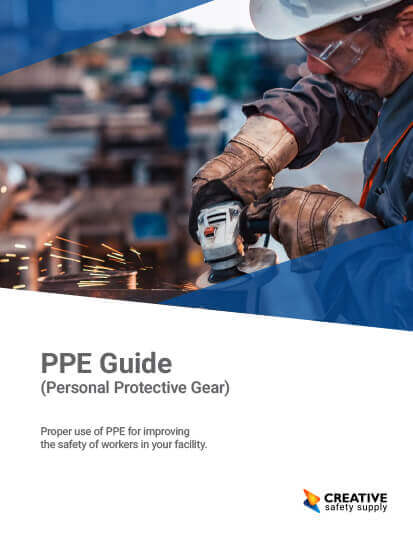
Like any other safety or hazardous material program in place, an employer or safety manager will need to have a training program specifically focused on spill kits and spill response operations. These trainings will need to be documented and thorough as those who understand procedures are less likely to panic in an emergency. The training and plans put in place will largely be dependent on the scope of the facility and the possible risk a spill poses to the specific workplace. For instance, if a workplace carries a minimal amount of liquid, their training will be less in-depth than a waste water facility.
Training should begin with a focus on the liquid or chemical at hand. Employees need to be trained in hazard communication and be able to properly read a GHS label so in the case of a spill, they can understand what is at risk and what steps to take. Workers should be trained on the contents in a spill kit, how to properly use absorbents, and where in the facility they can find a spill kit. Although a spill kit often comes with directions included, training should still take place to ensure everyone will react quickly and calmly.
Videos, lectures, or group discussions should be used in training to illustrate the dangers of the chemicals and liquids that are being handled. Training should take place periodically to ensure workers are refreshed on procedures. Heightened awareness regarding spill kits and spill clean-up will combat workers becoming overly comfortable or cutting corners when it comes to spill kit maintenance and safety procedures. Another aspect of training should be focused on PPE. For personal protective equipment to be effective in case of spills, it must be donned and used properly. In accordance with OSHA standards, training should be documented and be ready to be presented to an OSHA inspector if needed.
Similar Questions
- Does OSHA have spill kit requirements?
- What does a spill kit usually always include?
- How do I choose the right spill kit for my facility?
- How many times can a spill kit be used?
- Where should spill kits be located?
- What does spill clean-up entail?
- What does a universal spill kit contain?
- What are different types of spill kits?
- What is in a biohazard spill kit?

